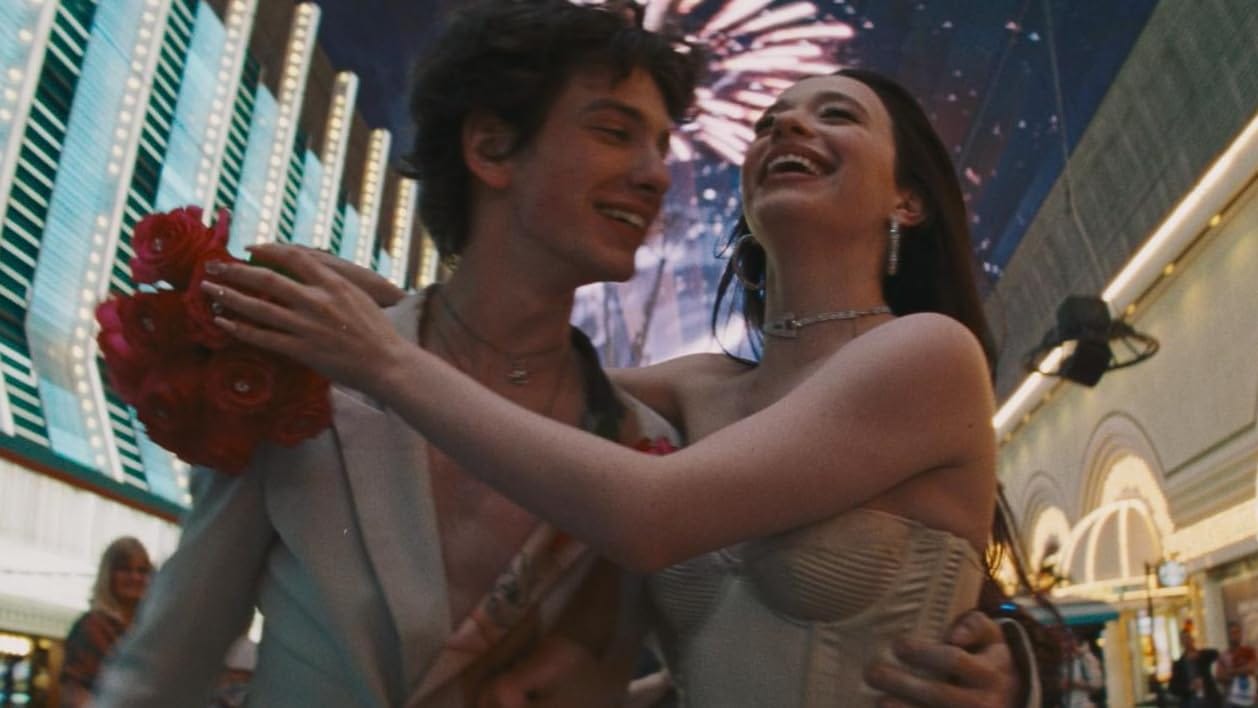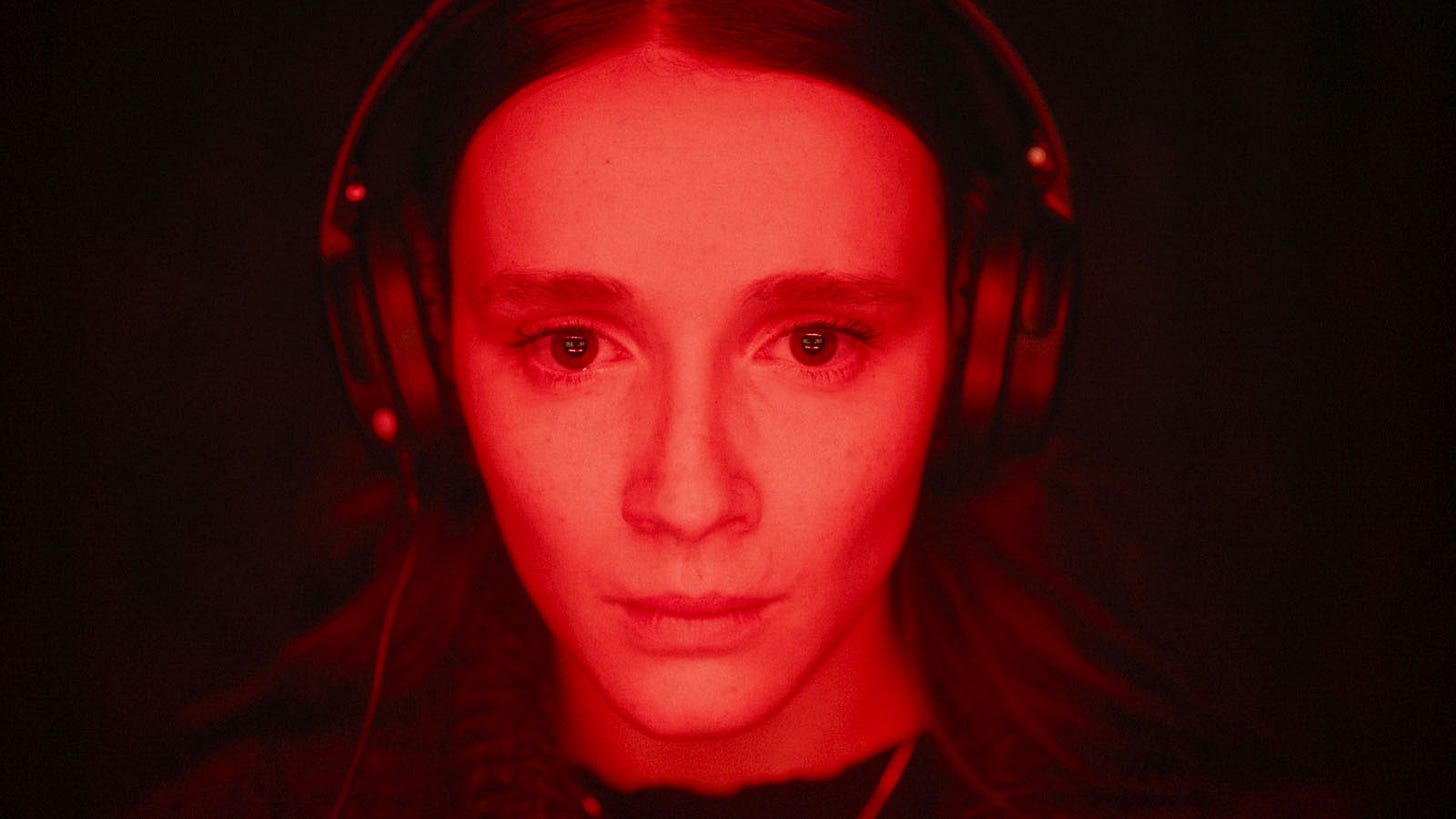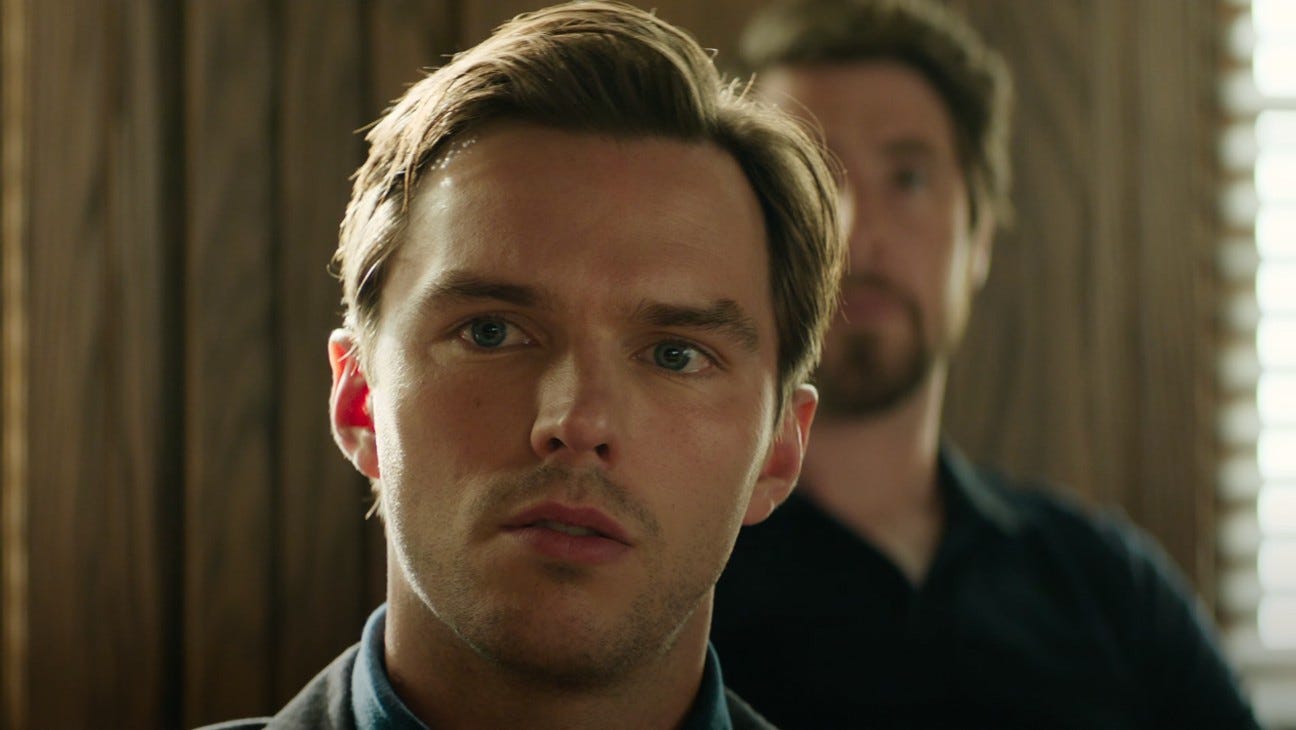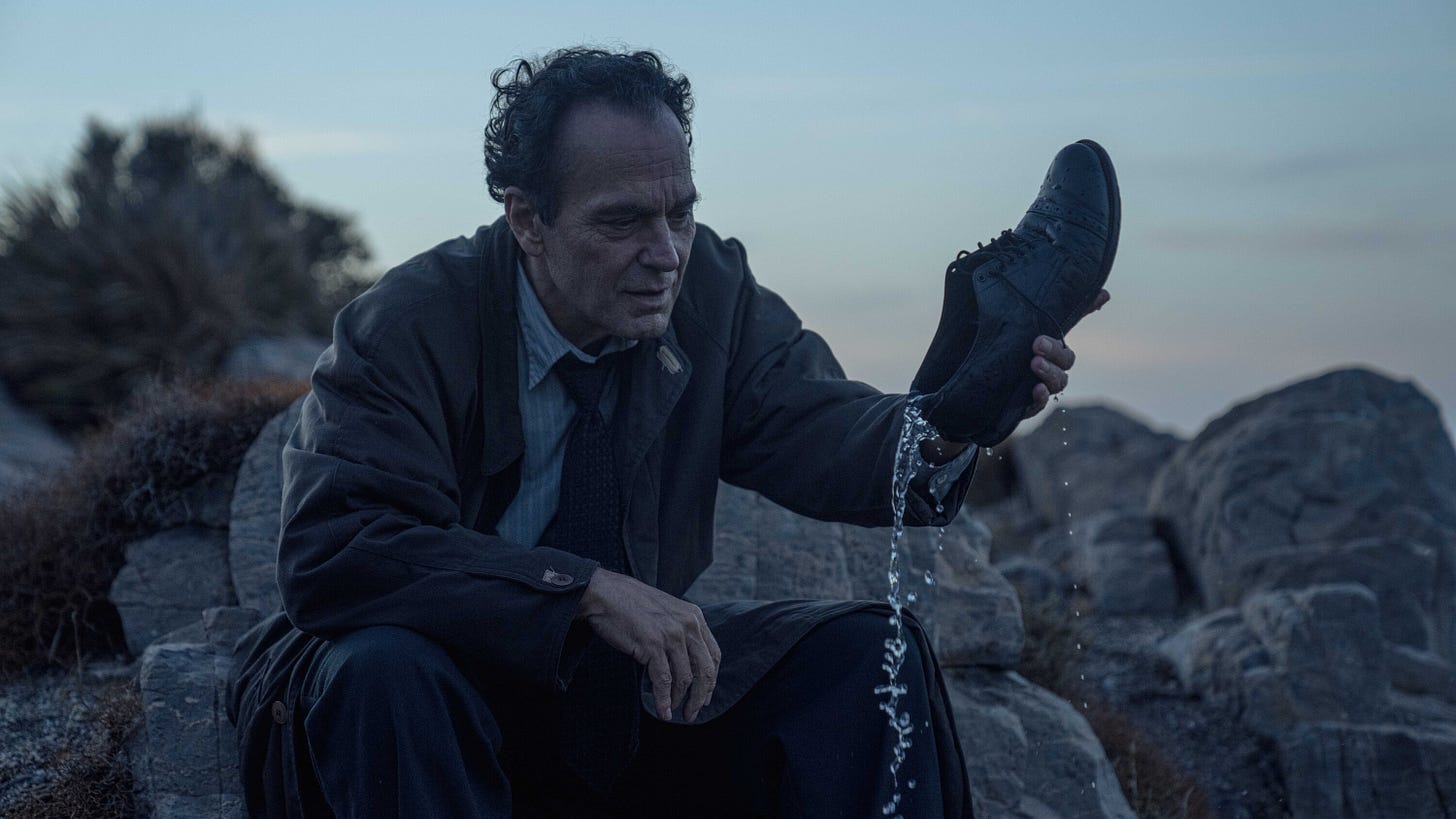Hello dear readers, and welcome to the 2nd annual Normal Newsletter Best Movies of the Year list 🤠
Every year sees the release of a few extraordinary pieces of work, a decent number of good films, and a lot of middling to awful ones. I don’t really bother with ‘Worst of’ lists, preferring instead to hit an awful movie with a low rating/pithy comment combo on Letterboxd and move on with my life.1
Sometimes, taking stock of a particular year in film feels like a needlessly limiting exercise. A movie’s greatness can become more apparent over time than it was when it came out; one that I connected with years ago may not resonate in the same way.
That’s why I think year-end lists are useful as a portrait of personal taste at a given moment in time. When publications compile people’s picks2 and aggregate them, I start to get bored.
Note: This post is too long to read in email. Please click “READ IN APP” in the top right of your email to optimize your reading experience
With that brief intro and alert, let’s get on with the reason you all clicked this article or opened this email: To peruse my list, disagree with it, say “That movie sounds weird,” and maybe (hopefully) add one or two things to your watchlist 😇
Here they are…
My 10 favorite films of 2024
Do Not Expect Too Much from the End of the World
The year’s best film, Radu Jude’s Do Not Expect Too Much from the End of the World3, confronts the relentless inequality, nonstop exhaustion, and casual depravity of the modern age with unapologetic crudeness and a jarring, freewheeling aesthetic. For much of the movie, his camera rides shotgun as we accompany Angela (Ilinca Manolache), a production assistant for a Romanian video company, during one hectic 17-hour workday.
Angela is driving around Bucharest screening people who were injured and permanently handicapped on the job for a work safety video. She, or rather her firm, is offering them the chance to be poster children for the multinational company that overworked them to the brink of disfigurement.
However, Jude diverts from this grainy black-and-white narrative constantly, using TikTok filters, reworked clips from a 1981 Romanian film, and even a short, silent montage of car crash victim memorials to build a sustained collage of cinematic chaos.
For the last 40 minutes, he adds another technique to his multi-pronged attack. Do Not Expect Too Much ends with a cringe-inducing static shot of the work safety video where the best injury victim sits front and center with his family, his story contorted to the whims of off-camera corporate lackeys. Yay!
Last Summer
After a decade away from filmmaking, Catherine Breillat returned in wicked good form with this darkly comic adaptation of the 2019 Danish thriller Queen of Hearts.
Léa Drucker gives a stunning, unapologetic performance as Anne, a child advocacy lawyer who has an affair with her 17-year-old stepson Théo (Samuel Kircher).
Breillat is a master at navigating the thorny dynamics between desire and power, and Last Summer is both a distillation and sly reworking of that artistic MO. The film’s final third ruthlessly pulls the rug out from underneath the proceedings, as Anne quietly, confidently uses her position to try and hold on to her wealthy, well-respected lifestyle.
Evil Does Not Exist
Ryusuke Hamaguchi’s Evil Does Not Exist is a deceptively simple story about a secluded Japanese village targeted by a large corporation that wants to build a glamping site nearby.
The film has a quiet, quasi-documentary feel at times. In fact, its extended town hall sequences, where a pair of hilariously unprepared corporate reps (Ryuji Kosaka and Ayaka Shibutani) try to convince the town how beneficial the new site will be, have the deliberate, slyly comic vibe of the legendary documentarian Frederick Wiseman.
At other points, it quietly evolves into a thriller. Hamaguchi’s command for subtle pacing is enhanced by Eiko Ishibashi's score, which gives Evil Does Not Exist the feeling of a haunted folktale.
Caught by the Tides
In Caught by the Tides, Jia Zhangke continues exploring the rapid, turbulent modernization of 21st-century China.
The film is an overwhelming collage of images that Jia has been collecting for over 20 years; it includes both documentary scenes and unused or repurposed footage from his fictional features. Caught by the Tides has a very loose central narrative, a story of lost love concerning Qiaoqiao (Jia’s longtime muse Zhao Tao) and Bin (Li Zhubin).
Two-thirds into the film, Jia makes an abrupt jump from the mid-2000s to 2022. Seeing Qiaoqiao and Li’s world-weary faces covered by N-95 masks amid the ongoing Covid-19 pandemic abruptly recontextualizes everything that came before it. Their failed romance didn’t fully connect for me until here, when the abrupt passage of time- unbound dance floor raves transitioning to wordless group runs, weather-worn trains evolving into sleek high-speed railways, philosophical robots replacing communal musical performances- overwhelms the movie.
The Beast
A sci-fi drama about fear and love spanning more than a century, Bertrand Bonello’s The Beast4 is a slippery, inventive adaptation of a Henry James novella.
Léa Seydoux stars as Gabrielle, a woman living in 2044 Paris who is trying to change with the times. That means undergoing a procedure to remove her emotions and better position her for success in what has become a ruthlessly sparse job market.
To do this, she is sent to experience different versions of herself in two distinct periods: Paris in 1910 and Los Angeles in 2014. These distinct settings allow Bonello to indulge his genre impulses- the period romance, the thriller- while slyly working them into pieces of his larger futuristic puzzle.
Christmas Eve in Miller’s Point
Tyler Taormina’s Christmas Eve in Miller’s Point5 has a classic family-at-the-holidays set-up, but it’s more concerned with mood and atmosphere than with gazing head-on at familiar plot points and character dynamics. Its images seem wrenched directly from memory and distilled from both sides of a frosty window.
So many people wander in and out of its Long Island Christmas Eve celebrations that it’s impossible (okay, just very time-consuming) to list all of them. Many of them are members of the same family gathering at their ancestral home, where Taormina captures moments that are sublime in their simplicity- a woman leaning on her elderly mother’s lap in the dark, a man silently listening to his short story being read aloud.
I Saw the TV Glow
Jane Schoenbrun’s I Saw the TV Glow6 is a haunting portrait of closeted ‘90s suburbia. It focuses on Owen (Justice Smith) and Maddy (Brigette Lundy-Paine), two high schoolers who bond over their shared desire to escape their respective adolescent hells through their television screens.
What begins as neon-tinged nostalgia for sleepovers in the age of ‘Monster of the Week’ shows descends into a devastating, frightening, and all-too-real depiction of repression.
Schoenbrun is not subtle about making this televisual obsession into a trans allegory. They take familiar horror movie and millennial TV aesthetics and mash them together into an evocative, deeply personal vision of dysphoria.
Anora
Sean Baker’s Anora7 is a meandering comedic odyssey that is defiantly vulgar and bracingly earnest. The first third is romance as ketamine bump, where Ani (Mikey Madison), an exotic dancer, enamors Ivan (Mark Eydelshteyn), the son of a Russian oligarch.
As she’s swept up into Ivan’s world of wealthy excess, Baker creates a fantasia of young love that yields an effortless, empty contact high. When the two abruptly get engaged, Ivan’s parents sick their buffoonish caretakers to force an annulment.
The 90 or so minutes that follow are a prolonged, inevitable hangover that stretches across one long day and night.
Bridging the formal divide between Baker’s faux romantic fantasy and this hard-knock reality is Madison’s astonishing performance. It’s difficult to do what she does here, which is to show the gears of thought constantly turning without it feeling forced. Ani is performing, but she’s not trying to be an actor.
Red Rooms
Pascal Plante’s Red Rooms is the most disturbing film on this list, a precise, punishing examination of sensationalized violence and its debauched fanbase.
Juliette Gariépy stars as Kelly-Anne, a model in Montreal whose interest in the trial of a serial killer becomes more unsettling as the film wears on.
That’s not because she becomes more drawn in, but because we do. Plante and Gariépy keep us at a strategic remove, revealing very little about Kelly-Anne up-front. Her face has an unnerving stillness and when she speaks, which isn’t often, she’s very calm.
The small cracks in her expression start to add up, though. When paired with the utterly depraved nature of the case (conveyed mostly through the barbaric sounds of courtroom evidence being shown off-screen), Red Rooms becomes an unshakable study of obsession.
Juror #2
Clint Eastwood continues his career-long directorial deconstruction of guilt with this blunt, unadorned legal thriller about a juror (Nicholas Hoult) who realizes he is the guilty one in the case at hand.
Hoult’s character, Justin, drove away from a crash during a rainy night after thinking he hit a deer. The next day, a woman was found dead under a bridge where it happened, and now her husband stands accused of murder. It’s an irresistible premise, one that Eastwood and screenwriter Jonathan A. Abrams use to mine the complexities and contradictions inherent in the American justice system.
The scenes where the jury deliberates are thorny and infuriating; Hoult’s performance holds the center, but each member is brought to vivid life with minimal dialogue and distinct performance choices. This is a film that constantly revisits the scene of the crime- whether through discussion, flashback, or an actual jury site visit- to murkier and murkier effect.
Runner-ups
Close Your Eyes (Dir. Victor Erice)
Furiosa: A Mad Max Saga (Dir. George Miller)
Matt and Mara (Dir. Kazik Radwanski)
Hit Man (Dir. Richard Linklater)
Black Box Diaries (Dir. Shiori Itō)
The Substance (Dir. Coralie Fargeat)
Between the Temples (Dir. Nathan Silver)
Presence (Dir. Steven Soderbergh)
Queer (Dir. Luca Guadagnino)
Megalopolis (Dir. Francis Ford Coppola)
Now that you’ve read my list, let’s have a great debate about the future of cinema 🗣 Tell me your favorite or least favorite films of the year (or of the decade so far)8




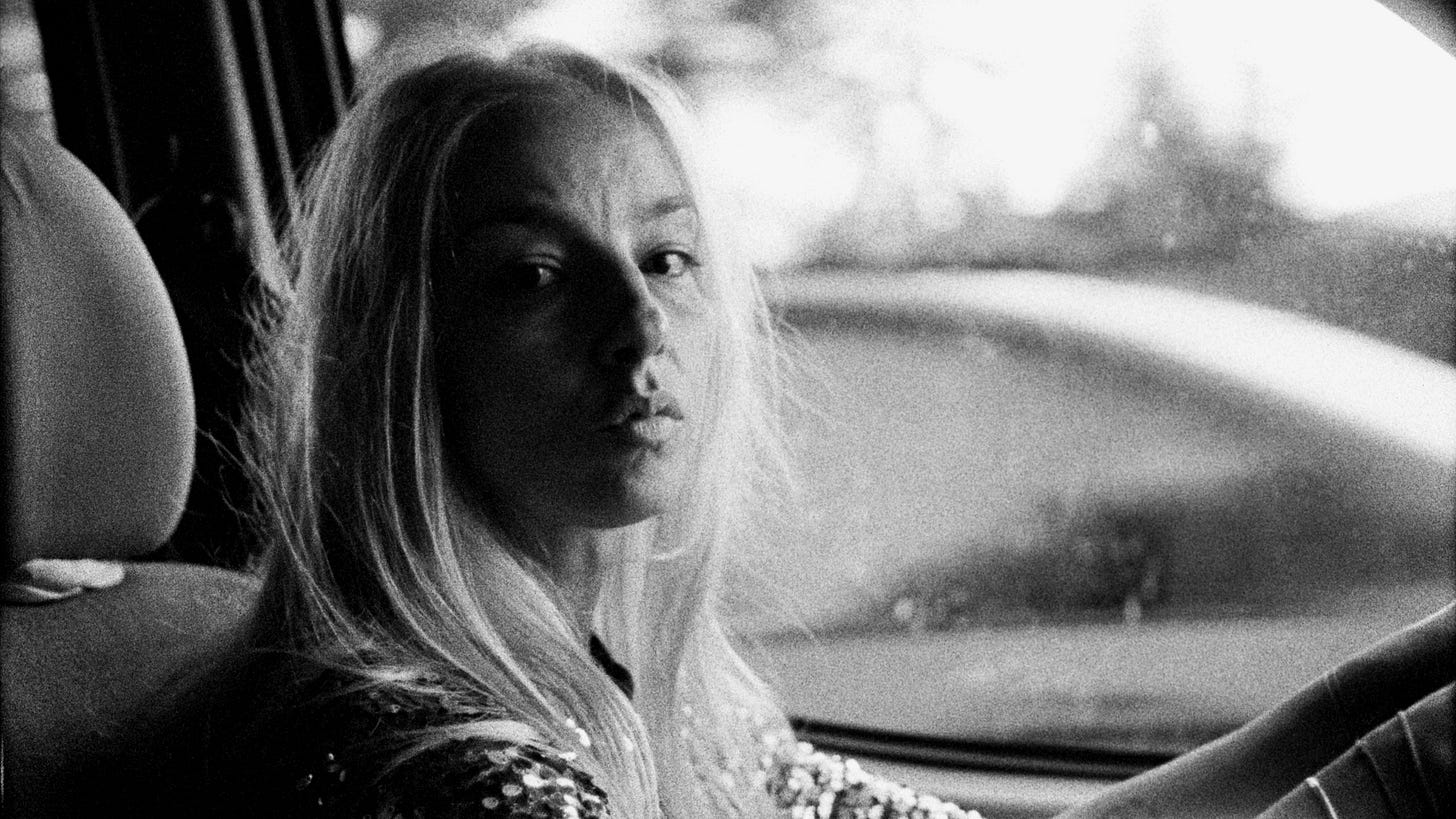
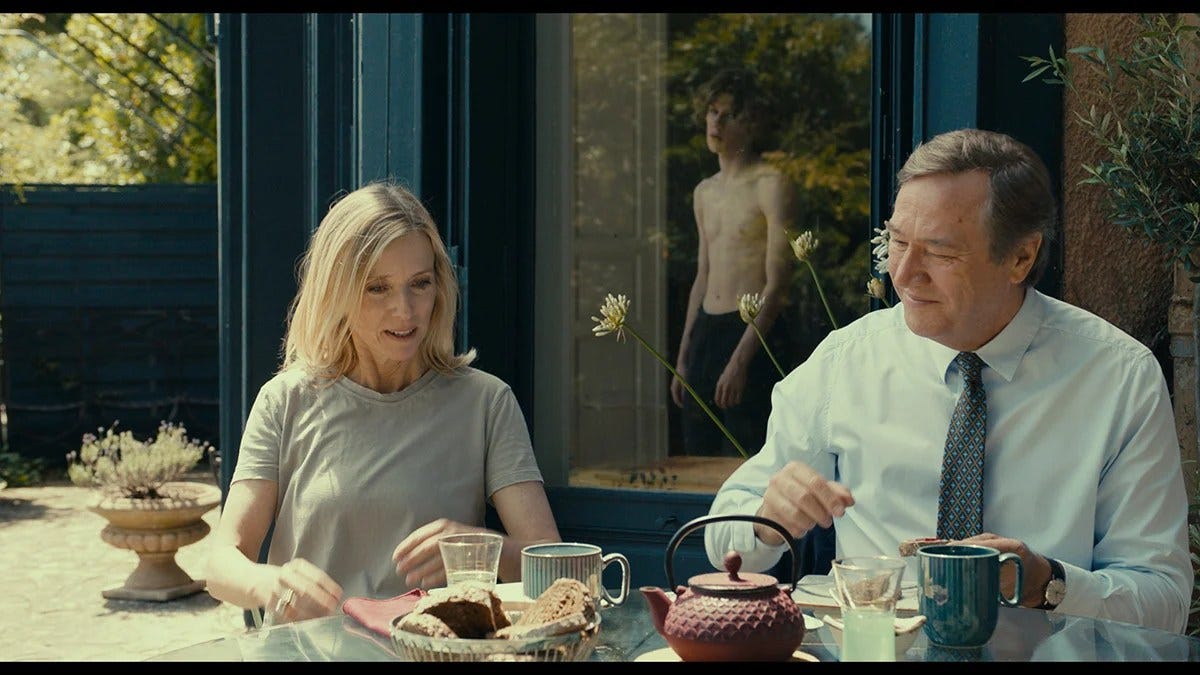
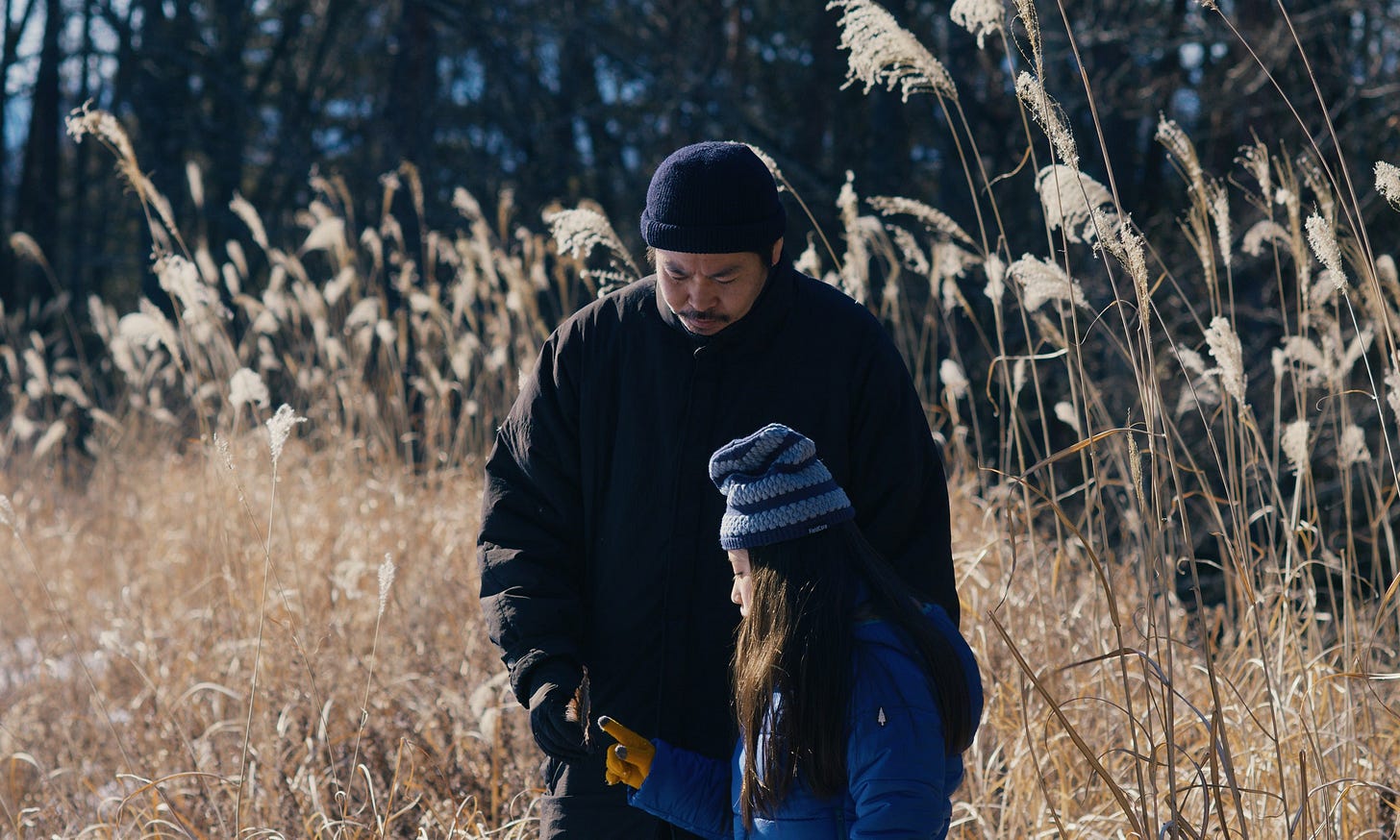



![I Saw The TV Glow – [FILMGRAB] I Saw The TV Glow – [FILMGRAB]](https://substackcdn.com/image/fetch/$s_!cDPZ!,w_1456,c_limit,f_auto,q_auto:good,fl_progressive:steep/https%3A%2F%2Fsubstack-post-media.s3.amazonaws.com%2Fpublic%2Fimages%2Fe6e35561-44b9-4b67-bc41-dfb8884301d7_1918x1036.jpeg)
